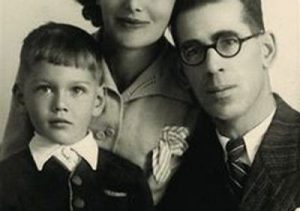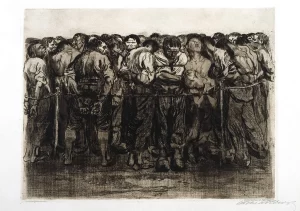The dialogues in this novel are nothing short of brilliant. It’s hard to believe that someone from the 19th century could be so witty, playful, and feel so modern.
I spent an entire month reading her, which felt like being inside her head and it’s not a bad place to be. It was a much more familiar place than I had anticipated.
While numerous literary examples explore this theme, contemporary literature often portrays themes of displacement, and alienation more tangibly. There are many outstanding works in the literature of exile. These books beautifully weave the theme of exile and migration into their narratives, offering a deeply satisfying reading experience:
“Soon you will be home, Mother would say. She said it nearly every time we spoke, and each time I said yes, I believed I meant it and not just because I did not know how else to answer or how to account for the fact that, though Benghazi was the one place I longed for the most, it was also the place I most feared to return to. The life I have made for myself here is held together by a delicate balance. I must hold on to it with both hands. It is the only life I have now. I would have to abandon it to go back, and, although I wish to abandon it, I fear I might not be able to reconstitute a new life, even if that would be in the folds of the old one. It is a myth that you can return, and a myth also that being uprooted once makes you better at doing it again.”
Her writing is plain but in the best way. The words are sterile and without any emotions, but when put together, they reach places in your heart, you didn’t know they existed.
Read about Amos Oz and his views on the power of imagination to bring empathy, compromise, and possibly peace.
The tragic life of Tahar Djaout, who was assassinated due to his opposition to fanaticism and support of secularism. In this article, read about book bans, censorship, and living under an extremist regime, highlighting the resonance of Djaout’s work with contemporary issues.
Hala Alyan is a Palestinian-American author who has a loud voice in the diaspora. She is an accomplished speaker and advocate. She has given talks and readings, sharing her insights on the craft of writing, the immigrant experience, and the power of storytelling as a means of fostering empathy.
Jabès believed that language is a site of both longing and loss, a place where we try to make sense of the world around us but are constantly confronted with the limitations and ambiguities of words.









